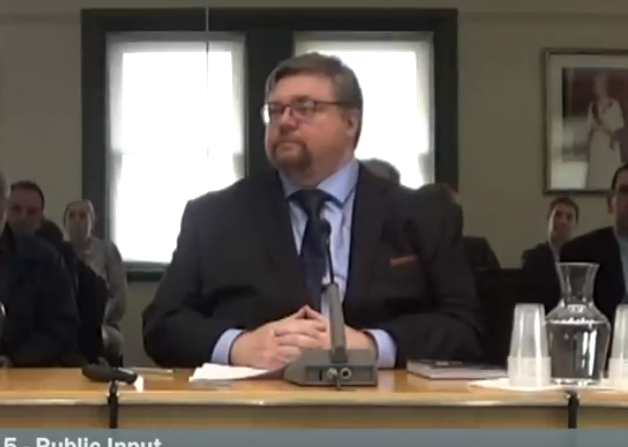Recently Auckland Council reviewed the rates paid by religious organisations. While the Local Government (Rating) Act 2002, enacted by the central government, has placed limits upon Council’s discretion by specifying categories of property that are fully ‘non-rateable’ there has been room for interpretation in terms of what land is “used solely or principally … as a
place of religious worship.” The resulting increase in rates for churches has resulted in complaints from religious organisations.
NZARH research in 2016 concluded that New Zealand’s 1.5 million household pay approximately $13.70 per annum to allow places of worship to continue to benefit from their rates exemption. Collectively, we calculate, this was a cost of approximately $21 million in 2016.
NZARH believes that the Council’s review of religious properties has been fair and proportionate within the limits of the existing 2002 legislation. The increase in rates that religious properties might incur is consistent with other non religious organisations.
A 2012 search of Charities Services databases led NZARH to conclude that the declared wealth of all religious organisation in New Zealand at that time was approximately $11 billion. As religious organisations are exempt from income tax on their commercial investments and their passive investments, that $11 billion is likely now to be much greater.
In the case of the religious organisations making presentations to Council today, we further argue that rates increases made on their expenditures is a matter for them and their central bodies.
We note that the Orakei Baptist Church is presenting today. According to the current Charities Services database, the Baptist Church has greater than $3.5 million in total assets and greater than $100,000 in current assets. The Elim Church of New Zealand, who is presenting today has greater than $400,000 in current assets according to the current Charities Services database. The Anglican Diocese of Auckland has greater than $210 million in total assets and greater than $26 million in current assets. The Presbyterian Church have 27 parishes in the Auckland area. A 2017 report stated that nationwide income from all Presbyterian churches was about $40 million and that 73% of their assets were in land and buildings.
We conclude that any financial strain in increased rates felt by the individual parishes or dioceses of these religious organisations is a matter for them and their central governing bodies. It is not a matter for the ratepayers of Auckland, through the Council, to subsidise these rates increases. The evidence seems to indicate they can well afford to pay these increases in rates.
We conclude by saying that the NZARH pays over $25 thousand in rates per annum. We are not be eligible for an exemption for these rates from government.

